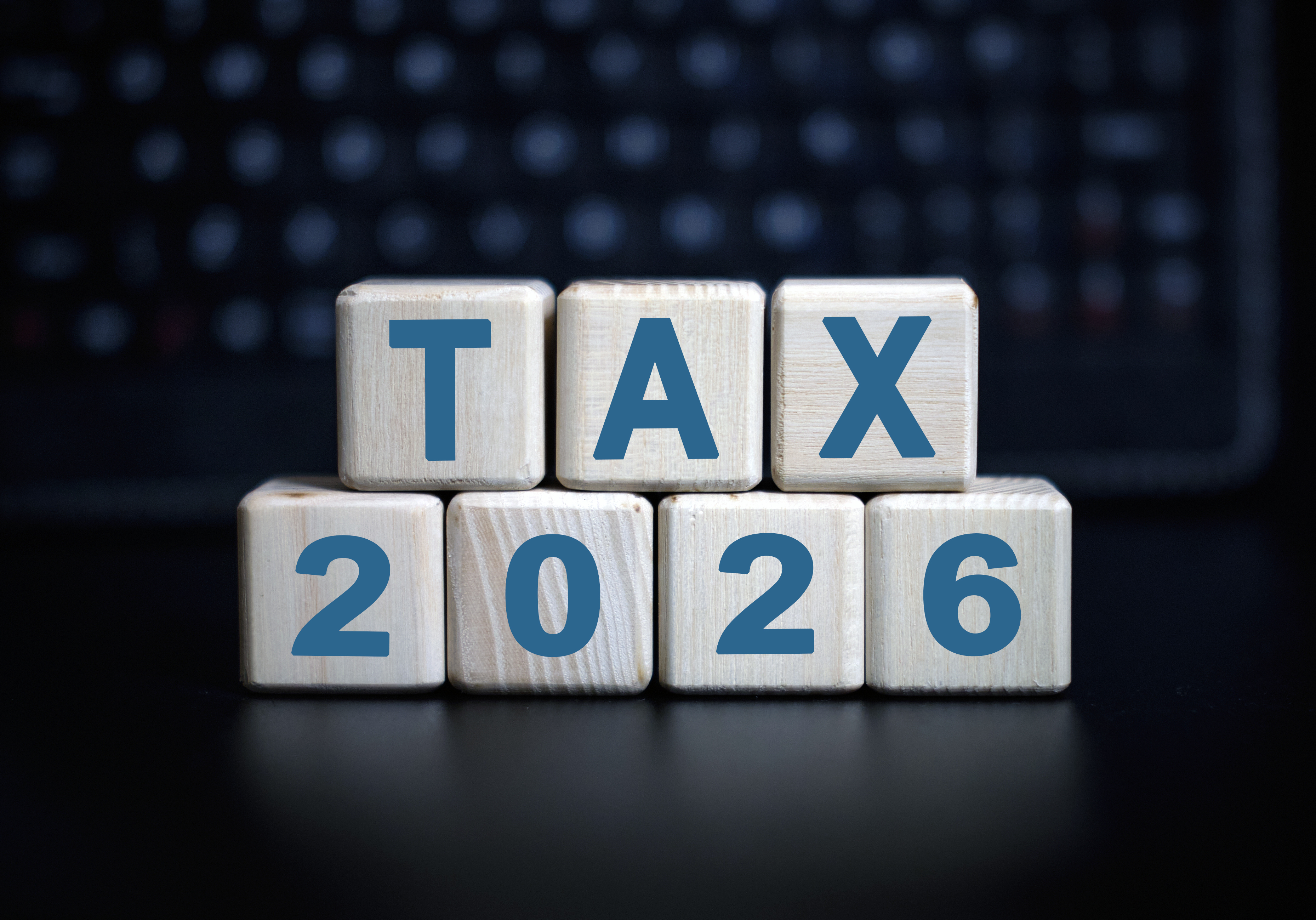Seniors and Vets: Claim Your Rebates
It's not too late for millions of retirees and disabled veterans who didn't file a tax return to send in their forms and get a stimulus check.

Profit and prosper with the best of Kiplinger's advice on investing, taxes, retirement, personal finance and much more. Delivered daily. Enter your email in the box and click Sign Me Up.
You are now subscribed
Your newsletter sign-up was successful
Want to add more newsletters?

Delivered daily
Kiplinger Today
Profit and prosper with the best of Kiplinger's advice on investing, taxes, retirement, personal finance and much more delivered daily. Smart money moves start here.

Sent five days a week
Kiplinger A Step Ahead
Get practical help to make better financial decisions in your everyday life, from spending to savings on top deals.

Delivered daily
Kiplinger Closing Bell
Get today's biggest financial and investing headlines delivered to your inbox every day the U.S. stock market is open.

Sent twice a week
Kiplinger Adviser Intel
Financial pros across the country share best practices and fresh tactics to preserve and grow your wealth.

Delivered weekly
Kiplinger Tax Tips
Trim your federal and state tax bills with practical tax-planning and tax-cutting strategies.

Sent twice a week
Kiplinger Retirement Tips
Your twice-a-week guide to planning and enjoying a financially secure and richly rewarding retirement

Sent bimonthly.
Kiplinger Adviser Angle
Insights for advisers, wealth managers and other financial professionals.

Sent twice a week
Kiplinger Investing Weekly
Your twice-a-week roundup of promising stocks, funds, companies and industries you should consider, ones you should avoid, and why.

Sent weekly for six weeks
Kiplinger Invest for Retirement
Your step-by-step six-part series on how to invest for retirement, from devising a successful strategy to exactly which investments to choose.
My grandmother is 83 years old and lives on Social Security. I just found out that she hadn't filed a tax return to get her rebate check. Is it too late?
It isn't too late, and it's a good time for everyone to make sure that their elderly relatives have filed a return.
About 5.2 million retirees and disabled veterans still need to file a tax return to receive their rebate checks. That's about one-quarter of the people in that group who are eligible for the stimulus payments but haven't completed the paperwork required to get the money. These people must file a tax return before October 15, 2008, to receive their rebates.
From just $107.88 $24.99 for Kiplinger Personal Finance
Become a smarter, better informed investor. Subscribe from just $107.88 $24.99, plus get up to 4 Special Issues

Sign up for Kiplinger’s Free Newsletters
Profit and prosper with the best of expert advice on investing, taxes, retirement, personal finance and more - straight to your e-mail.
Profit and prosper with the best of expert advice - straight to your e-mail.
Most other people automatically received their stimulus payments after filing their tax returns or will get the money soon (see Will My Rebate Check Ever Come? for the schedule). But many retirees and disabled veterans usually don't have to file a tax return because their benefits are not taxable. They have to file a return this year, however, to receive their rebates. Filing a return will not affect their tax liability or eligibility for any other benefits.
People who don't have taxable income or don't normally need to file a tax return will generally receive a rebate of $300 per person ($600 per couple) as long as they have at least $3,000 in qualifying income, such as certain benefits from Social Security, Veterans Affairs and Railroad Retirement. They will not qualify, however, if they have been claimed as a dependent on someone else's tax return. See the IRS's Instructions for Low-Income Workers and Recipients of Social Security and Certain Veterans' Benefits and Information for Recipients of Social Security Benefits for details.
These people only need to file a Form 1040A with basic information, including name, address, any dependents, amount of qualifying income and signatures. See Form 1040A and instructions.
The IRS will also be sending a mailing to these 5.2 million people later this summer with instructions for filing the tax return and an actual tax form they can fill out and send in. The government is working with seniors and veterans groups to provide in-person tax preparation seminars at senior housing, Veterans Administration hospitals and assisted-living facilities. Seniors and veterans also can get help through the IRS's 400 local Taxpayer Assistance Centers.
For more information about the rebates -- for retirees as well as everyone else -- see Answers to ALL Your Tax Rebate Questions. You can also use the IRS's Where's My Stimulus Payment? tool to check on the status of your rebate money.
Profit and prosper with the best of Kiplinger's advice on investing, taxes, retirement, personal finance and much more. Delivered daily. Enter your email in the box and click Sign Me Up.

As the "Ask Kim" columnist for Kiplinger's Personal Finance, Lankford receives hundreds of personal finance questions from readers every month. She is the author of Rescue Your Financial Life (McGraw-Hill, 2003), The Insurance Maze: How You Can Save Money on Insurance -- and Still Get the Coverage You Need (Kaplan, 2006), Kiplinger's Ask Kim for Money Smart Solutions (Kaplan, 2007) and The Kiplinger/BBB Personal Finance Guide for Military Families. She is frequently featured as a financial expert on television and radio, including NBC's Today Show, CNN, CNBC and National Public Radio.
-
 Dow Leads in Mixed Session on Amgen Earnings: Stock Market Today
Dow Leads in Mixed Session on Amgen Earnings: Stock Market TodayThe rest of Wall Street struggled as Advanced Micro Devices earnings caused a chip-stock sell-off.
-
 How to Watch the 2026 Winter Olympics Without Overpaying
How to Watch the 2026 Winter Olympics Without OverpayingHere’s how to stream the 2026 Winter Olympics live, including low-cost viewing options, Peacock access and ways to catch your favorite athletes and events from anywhere.
-
 Here’s How to Stream the Super Bowl for Less
Here’s How to Stream the Super Bowl for LessWe'll show you the least expensive ways to stream football's biggest event.
-
 3 Retirement Changes to Watch in 2026: Tax Edition
3 Retirement Changes to Watch in 2026: Tax EditionRetirement Taxes Between the Social Security "senior bonus" phaseout and changes to Roth tax rules, your 2026 retirement plan may need an update. Here's what to know.
-
 Retirees in These 7 States Could Pay Less Property Taxes Next Year
Retirees in These 7 States Could Pay Less Property Taxes Next YearState Taxes Retirement property tax bills could be up to 65% cheaper for some older adults in 2026. Do you qualify?
-
 New 2026 Tax Change Could Mean More for Your IRA and 401(k) Savings
New 2026 Tax Change Could Mean More for Your IRA and 401(k) SavingsRetirement Savings Here's how the new IRS inflation adjustments will increase the contribution limits for your 401(k) and IRA in the new year.
-
 10 Retirement Tax Plan Moves to Make Before December 31
10 Retirement Tax Plan Moves to Make Before December 31Retirement Taxes Proactively reviewing your health coverage, RMDs and IRAs can lower retirement taxes in 2025 and 2026. Here’s how.
-
 The New Estate Tax Exemption Amount for 2026
The New Estate Tax Exemption Amount for 2026Estate Tax The IRS has increased the exemption as we enter into a promising tax year for estates and inheritances.
-
 Claiming the Standard Deduction? Here Are Five Tax Breaks for Retirement in 2025
Claiming the Standard Deduction? Here Are Five Tax Breaks for Retirement in 2025Tax Tips If you’re retired and filing taxes, these five tax credits and deductions could provide thousands in relief (if you qualify).
-
 IRS Names Its First CEO: But He’s Also Still Running Social Security
IRS Names Its First CEO: But He’s Also Still Running Social SecurityTax News Will this new role make it difficult to address emerging issues like budget and staffing cuts and customer service concerns?
-
 IRS Phasing Out Paper Checks: Here's What to Know in 2026
IRS Phasing Out Paper Checks: Here's What to Know in 2026Tax Changes IRS tax refunds and Social Security paper checks are typically delivered online now. Will that impact your money?